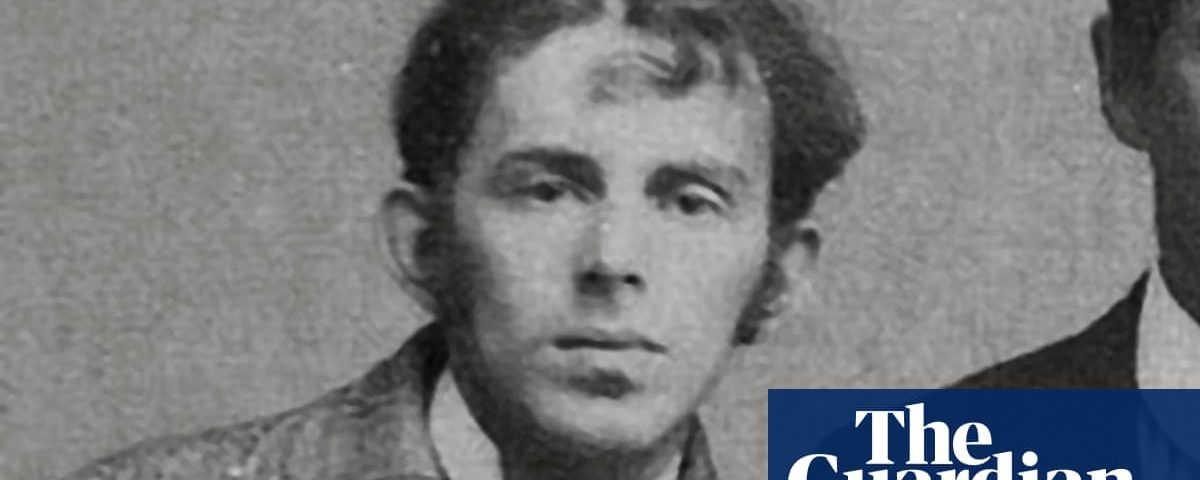What Remains by Reginald Gibbons
Yes, bread that’s poisoned. And not even one sip of air.
How hard it is for the wound of life to be cured.
Joseph himself, sold to Egypt as a slave,
could not have been more heavily grieved.
Then under the sky-swarm of stars, Bedouins come.
They quiet their horses. Then in turn, with eyes closed,
each invents some chanted fragment of their day
of epic nothing, that only brought them boredom,
for among such riders, little’s needed to inspire—
in the dunes, one man lost a quiver of arrows,
others traded some geldings for a mare—events are
only a mist that thins and disappears.
But if—if—such songs are sung out to the end
with all the heart, with all the breath in the lungs,
almost everything vanishes . . . And what remains
is the desert vastness, the stars, the one who sings.
Osip Mandelshtam (1913).
Mandelshtam’s original poem, with an English translation by Bernard Meares, can be compared here.
The multi-talented American poet and translator Reginald Gibbons describes the poems in his latest collection, Renditions , as “versions of, riffs on, and responses to poems in several languages … intended as an honouring of particular poets and poems … They have led me, over years of the practice of poetry, to turns and possibilities of poetic thinking and feeling and crafting that I would not have been able to discover alone.” The poem I’ve chosen from this exciting collection, What Remains, reflects Gibbons’ deep affinity with the 20th century Russian poet Osip Mandelshtam .
“The bread is poisoned, (all) the air has been drunk” is the more literal translation of Mandelshtam’s first line. It dramatically declares the extreme challenge to creative freedom for a young Jewish writer in early 20th century Russia . But the brief stanzas develop into an ark of glorious self-confidence, bringing super-charged Symbolist technique to the service of personally-signed poetic manifesto.
Gibbons’ rendition works companionably with the original, but remakes it on a different loom-width. Mandelshtam’s Russian line is rich in sound and texture; it’s not abrupt, the tetrameter rhythm is flexible and flowing. But it moves at an emphatic clip. Hoof beats seem to imprint the rhythm. The syntax is economical.
The innovative first word, “Yes,” confirms agreement with Mandelshtam’s opening pronouncements, and that they’re to become subjects of further meditation. The translator is positioned as a conversationalist, and Mandelshtam’s words become part of a dialogue. Gibbons’ persona is no mere speaker: he speaks with Mandelshtam. There’s no Poundian “riposte”. Slowly, Gibbons amplify Mandelshtam’s narrative. The long English lines with their varied stress-pattern and syllable-count are confirmations of the original prosody and thought patterns.
The narrative additions are well-judged, like essential footnotes conscripted into the verse. Political and social relevance may be heightened; contemporary readers, who might not have biblical references at their mental fingertips, are reminded that Joseph was sold into slavery. He eventually transcends that status and even forgives the brothers who sold him, but “the wound of life” isn’t easily curable.
What Remains celebrates poetry. Mandelshtam boldly links his poetic art to that of the singers of Bedouin epics. In the original, the poems of the Bedouins are described as byliny , plural of bylina , an ancient Russian epic form. For the singers of epic in both cultures, there are formal building-blocks of composition and opportunities for improvisation. Gibbons chooses a versatile verb – “invent” (stanza two, line three) – which helps us imagine both the conscious “making” and the uninhibited “making up” of the singers. Art’s powerful transformation of the ordinary and boring (“their day/ of epic nothing”) is answerable to broader questions of authenticity, and the value of art. His final stanza awards “the one who sings” parity, at least, with “the desert’s vastness and the stars”.
Translator Bernard Meares adds an interesting note to his English translation of Mandelshtam’s poem, saying it “appears to have been written in the light of the expedition to Africa by Nikolai Gumilyov , Anna Akhmatova’s husband and one of the leading Acmeist poets. Gumilyov may be the singer referred to in the last line of the final stanza.”
So another voice enters the chorus, confirming “the one who sings” as a composite, of many voices and fragments of song. What Remains, like the whole collection of renditions, bears witness to the crucial importance of collaboration. It’s this timeless conversational exchange that provides the soloist poet with oxygen, and a shared feast of daily bread.
Stuart Goldberg’s discussion of the poem in chapter one of his thesis, on Mandelshtam and Aleksandr Blok, is well worth reading.
What Remains is reprinted by kind permission of Reginald Gibbons, from Renditions (Four Way Books, 2021)

